Everyday Things That May Be Irritating Your Skin
Our skin, the largest organ of the body, often serves as the first line of defense against environmental aggressors. Yet, it is surprisingly susceptible to irritation from a variety of sources, many of which lurk unnoticed in our daily lives. This article aims to peel back the layers on 9 common culprits of skin irritation that often hide in plain sight. From the products we use to the environments we inhabit, these irritants can trigger reactions that range from mild discomfort to severe inflammation. By understanding these hidden offenders, we can better protect our skin and maintain its health and vitality. Join us as we delve into each of these irritants, revealing their impact and offering strategies for prevention and care.
1. Fragrances: The Invisible Irritant
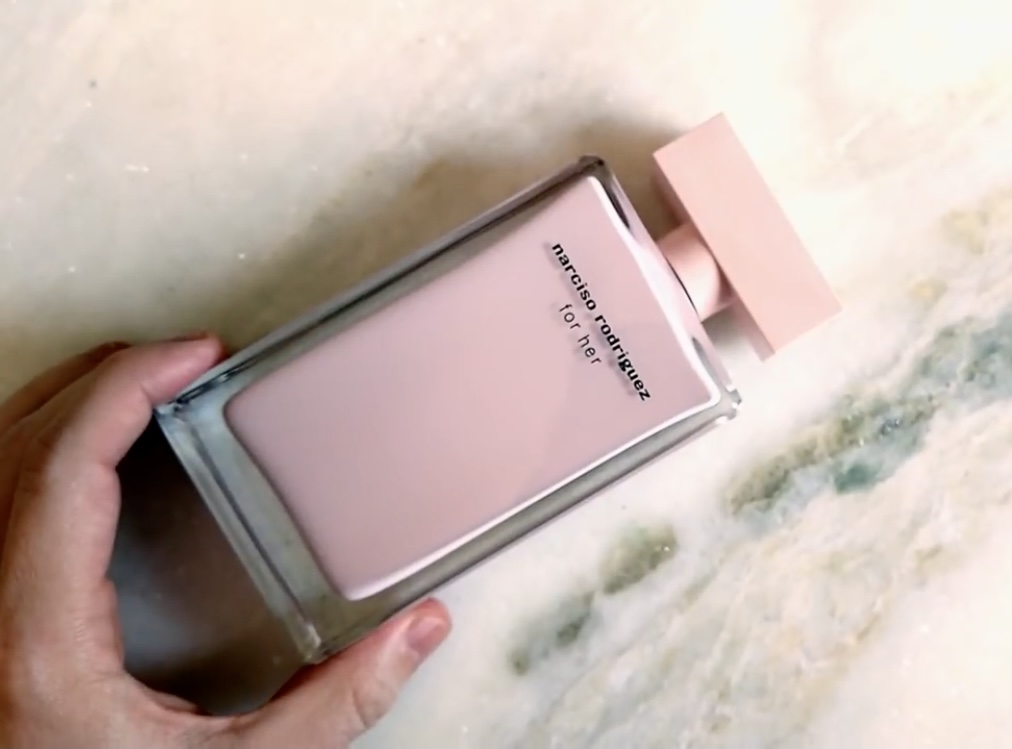
Fragrances are ubiquitous in personal care products, from perfumes to lotions and even household cleaning agents. While they may provide a pleasant aroma, these synthetic or natural compounds are notorious for causing skin irritation and allergic reactions. Fragrances can disrupt the skin's natural barrier, leading to redness, itching, and even dermatitis in sensitive individuals. The challenge lies in the fact that manufacturers are not required to disclose the specific chemicals used in their fragrance formulations, making it difficult for consumers to identify potential allergens. To mitigate the risk, it's advisable to opt for fragrance-free products or those labeled as hypoallergenic, especially for those with sensitive or reactive skin.
2. Preservatives: Necessary Yet Noxious
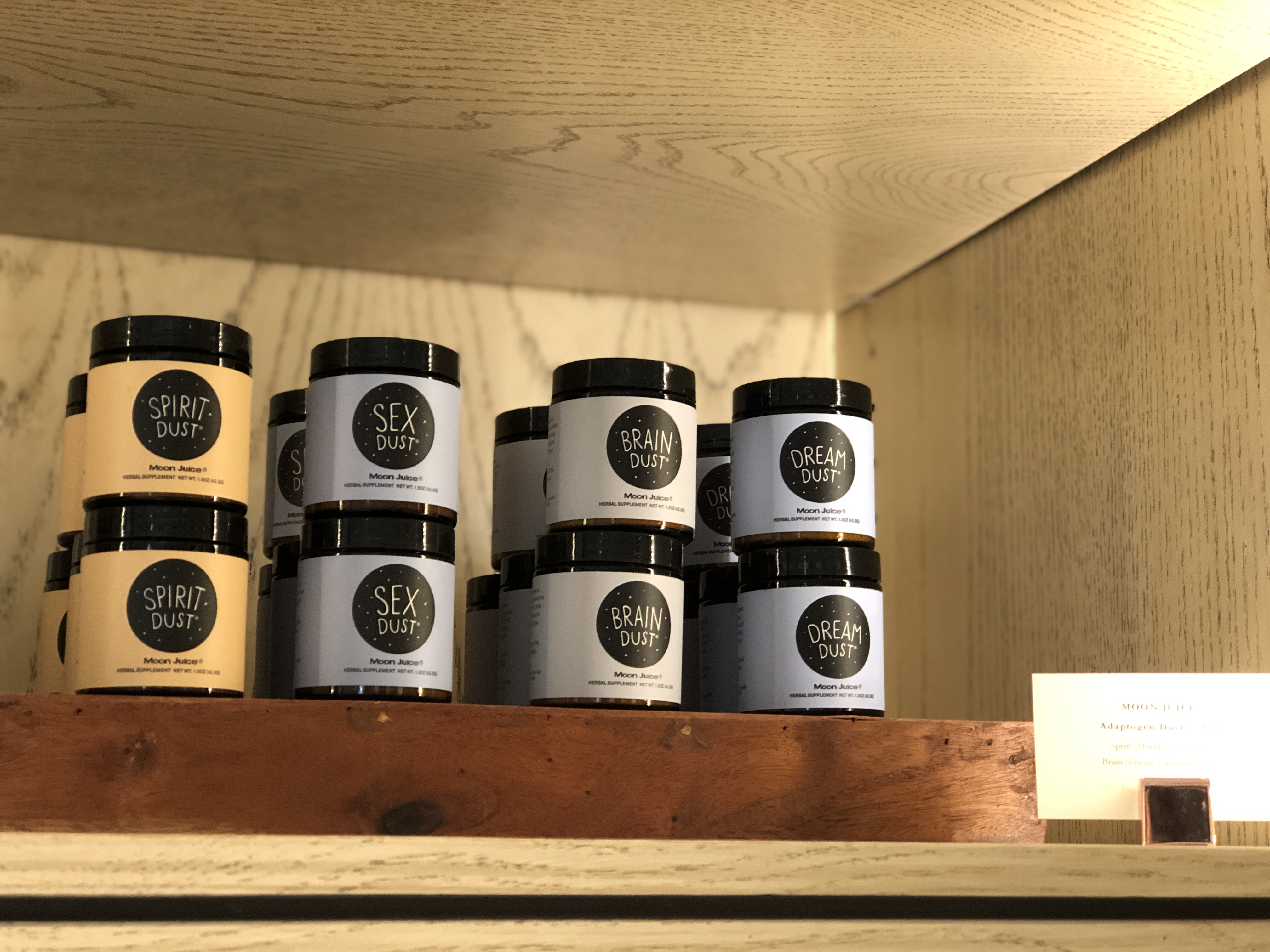
Preservatives are essential in extending the shelf life of cosmetics and skincare products, preventing the growth of bacteria and mold. However, certain preservatives, such as parabens, formaldehyde releasers, and methylisothiazolinone, are known irritants. These substances can cause contact dermatitis and exacerbate existing skin conditions. The skin's reaction to preservatives can vary depending on individual sensitivity and the concentration of the preservative used. To reduce the risk of irritation, consumers should look for products that use gentler preservatives or those that are labeled as preservative-free, keeping in mind that these products may have a shorter shelf life.
3. Dyes and Colorants: A Vibrant Concern

The vibrant hues in cosmetics and personal care products are often achieved using synthetic dyes and colorants. While they enhance the aesthetic appeal of products, these additives can be harsh on the skin. Many synthetic dyes are derived from coal tar and can cause allergic reactions or irritate the skin, particularly in individuals with sensitivities. Some dyes are also linked to more serious health concerns, prompting a closer examination of their safety. To avoid potential irritation, consumers might consider using products with natural colorants or those that are dye-free, especially if they have a history of skin sensitivity.
3. Alcohols: The Drying Dilemma
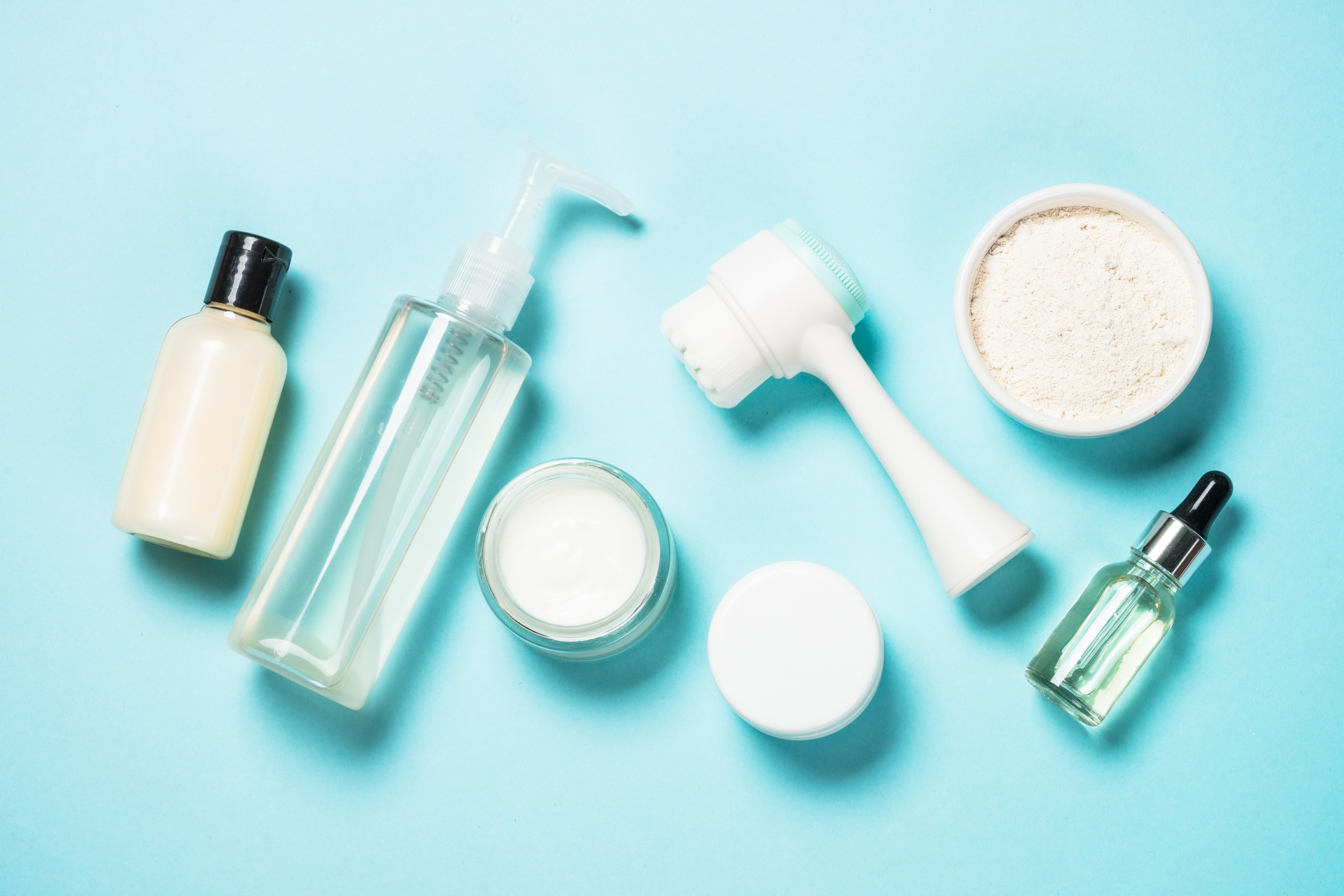
Alcohols are frequently used in skincare products for their quick-drying properties and ability to help other ingredients penetrate the skin. However, not all alcohols are created equal. Simple alcohols, such as ethanol and isopropyl alcohol, can strip the skin of its natural oils, leading to dryness, irritation, and increased sensitivity. On the other hand, fatty alcohols like cetyl and stearyl alcohol are generally considered safe and can even be beneficial as emollients. For those with sensitive skin, it is crucial to distinguish between these types of alcohols and choose products that support, rather than compromise, the skin's moisture barrier.
4. Essential Oils: Natural Yet Potent
Essential oils are often marketed as natural alternatives in skincare, but their potency can lead to irritation, especially in high concentrations. Oils such as tea tree, lavender, and peppermint are known for their therapeutic properties, yet they can cause allergic reactions or sensitization in some individuals. The risk of irritation is heightened when essential oils are applied directly to the skin without proper dilution. To safely enjoy the benefits of essential oils, it's important to use them in moderation and always dilute them with a carrier oil before application. Patch testing new oils can also help prevent adverse reactions.
5. Detergents and Surfactants: The Cleansing Conundrum
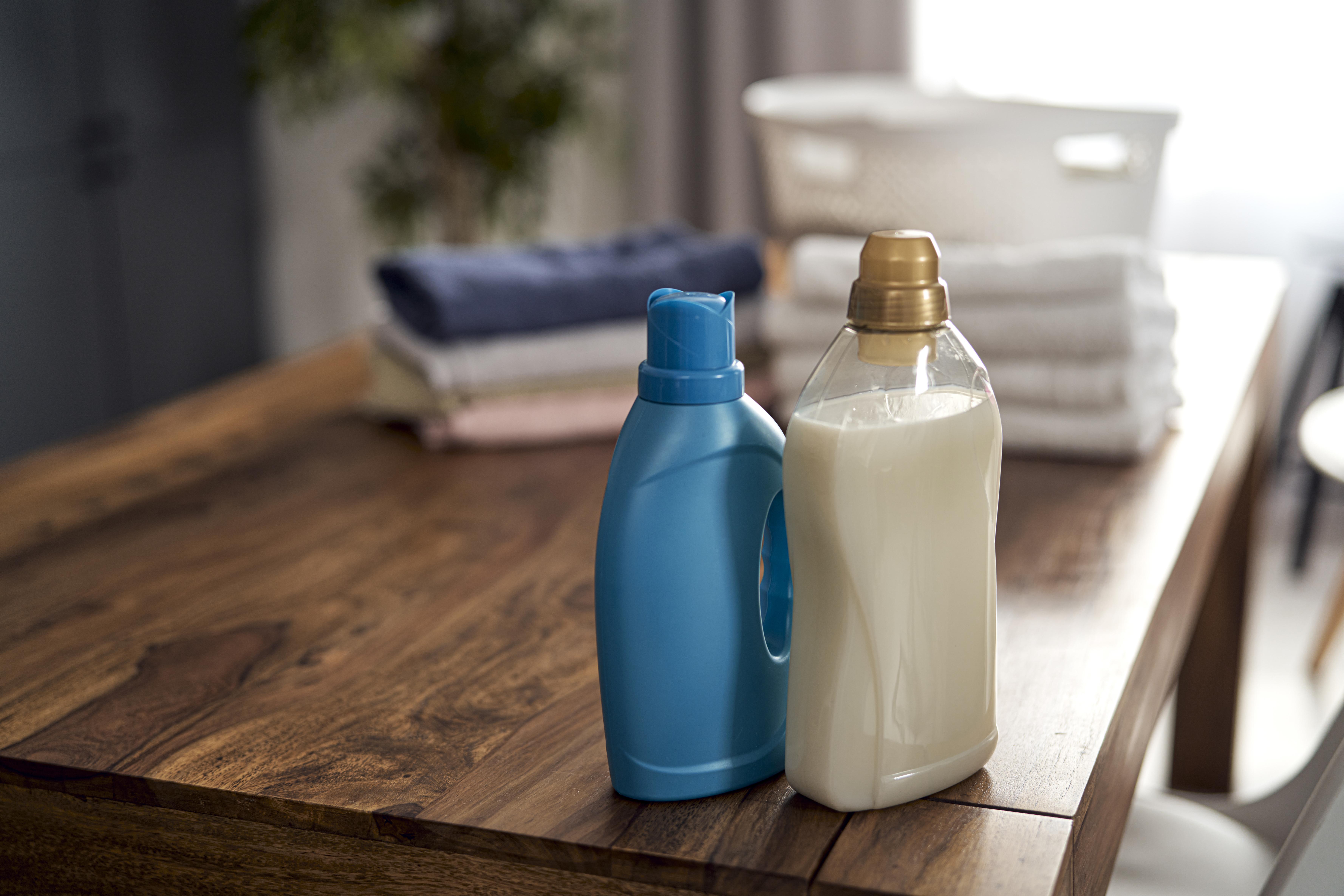
Surfactants are the cleansing agents in soaps, shampoos, and other personal care products that help remove dirt and oil from the skin. However, harsh surfactants like sodium lauryl sulfate (SLS) can strip the skin of its natural oils, leading to dryness and irritation. These ingredients can disrupt the skin's lipid barrier, making it more susceptible to environmental damage and irritation. Choosing products with milder surfactants, such as sodium lauryl sulfoacetate or decyl glucoside, can help maintain the skin's natural balance while effectively cleansing. It's also beneficial to follow up with a moisturizer to replenish any lost hydration.
6. Environmental Factors: The Unseen Aggressors
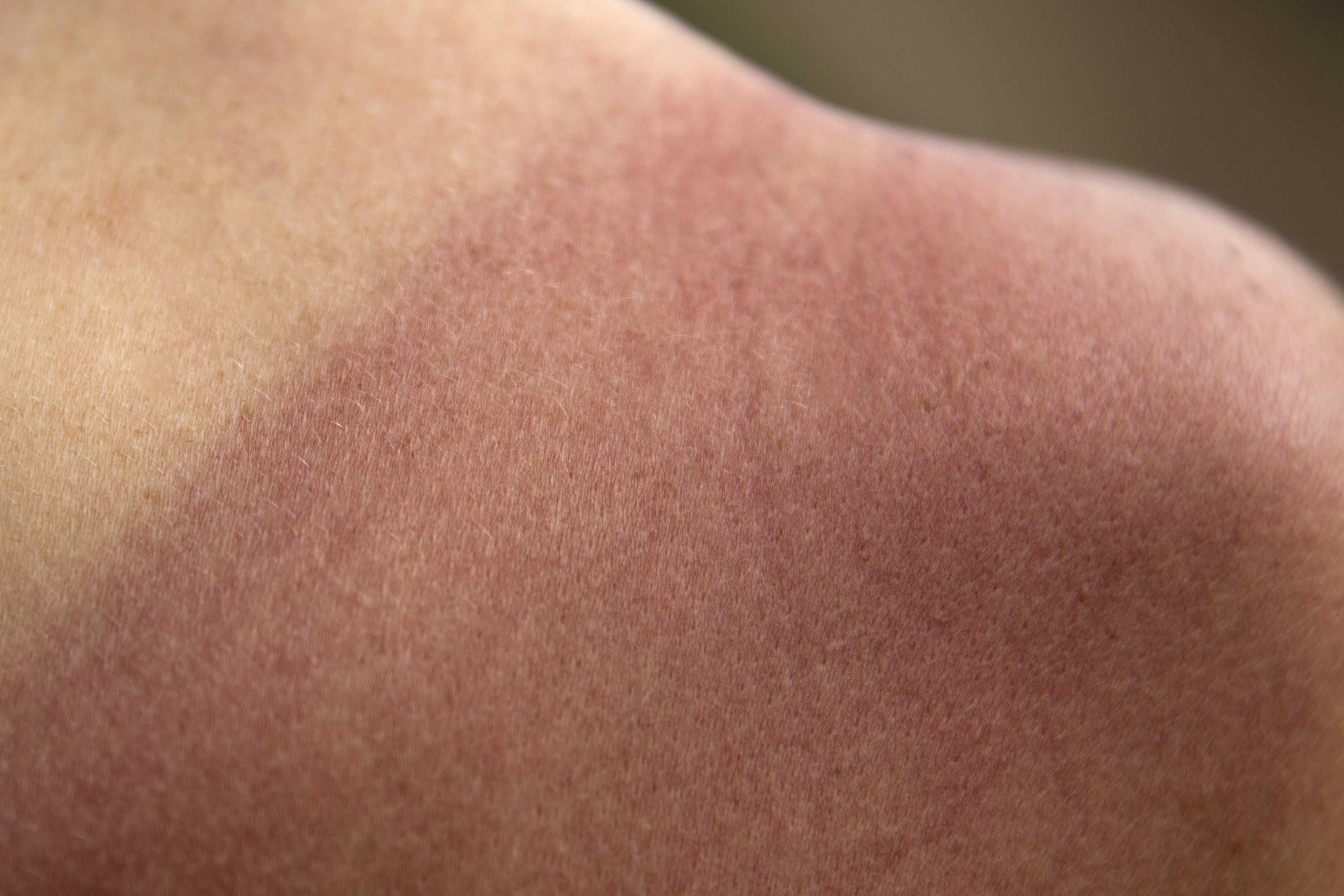
Environmental factors such as pollution, UV radiation, and extreme weather conditions are often overlooked contributors to skin irritation. Pollutants can penetrate the skin, causing oxidative stress and inflammation, while UV rays can lead to sunburn and long-term damage. Cold, dry air can strip the skin of moisture, leading to chapping and irritation. To protect against these external aggressors, it's essential to incorporate protective measures into your skincare routine, such as using broad-spectrum sunscreen, wearing protective clothing, and applying moisturizers that create a barrier against environmental stressors.
7. Fabric and Laundry Products: The Hidden Hazards
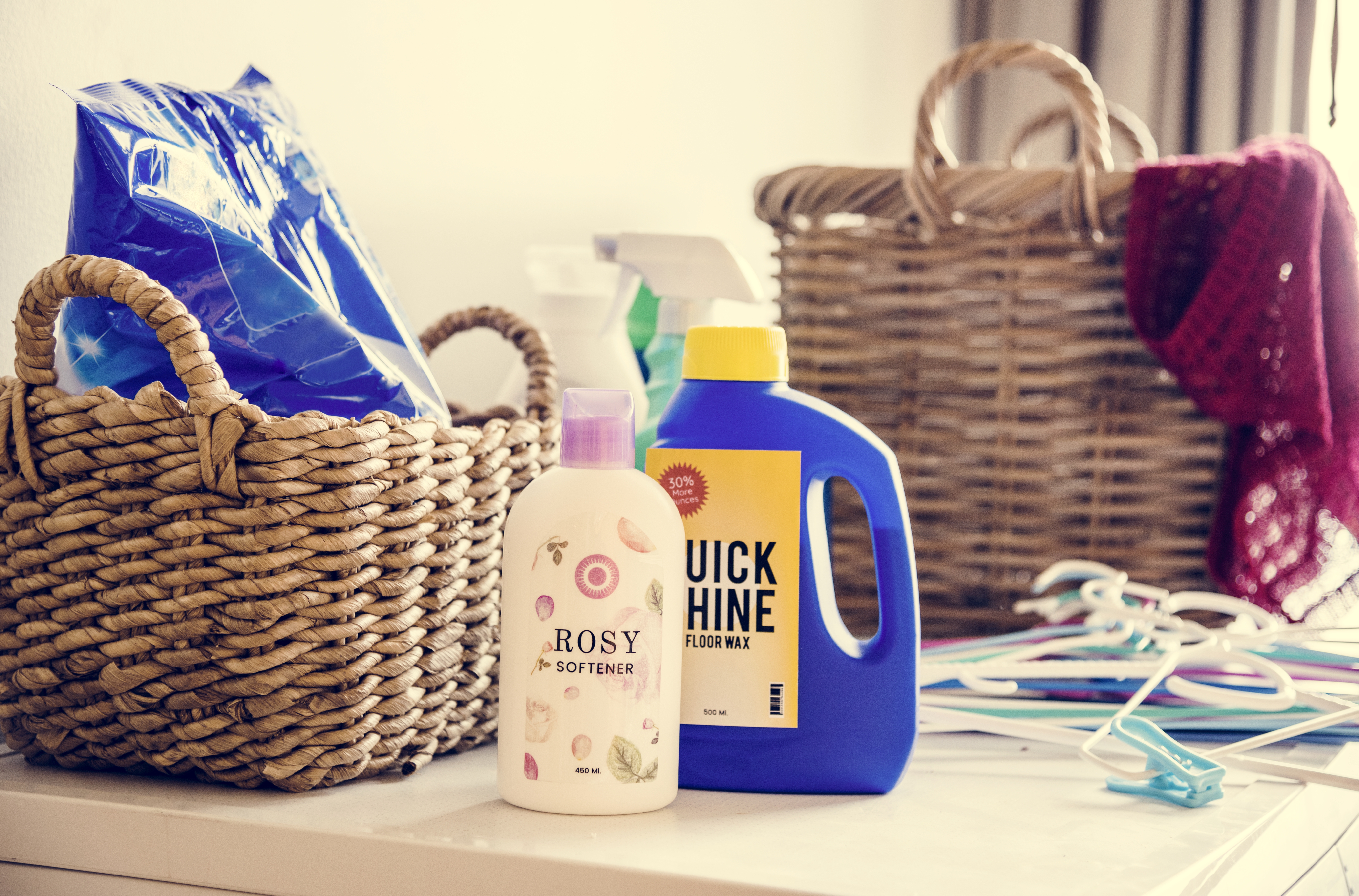
The fabrics we wear and the products we use to clean them can have a significant impact on skin health. Synthetic fibers and tight clothing can cause friction and trap sweat, leading to irritation and breakouts. Additionally, laundry detergents and fabric softeners often contain harsh chemicals and fragrances that can leave residues on clothing, irritating sensitive skin. Opting for natural fibers like cotton and using fragrance-free, hypoallergenic laundry products can help minimize these risks. Rinsing clothes thoroughly to remove any detergent residue is also a simple yet effective way to prevent skin irritation.
8. Dietary Influences: Feeding the Skin

The connection between diet and skin health is increasingly recognized, with certain foods potentially triggering or exacerbating skin irritation. Spicy foods, alcohol, and caffeine can dilate blood vessels and increase redness, while dairy and high-glycemic foods may contribute to acne and inflammation. On the flip side, a diet rich in antioxidants, omega-3 fatty acids, and vitamins can support skin health and resilience. Staying hydrated and maintaining a balanced diet can help reduce the likelihood of skin irritation and promote a clear, healthy complexion. Paying attention to how your skin reacts to certain foods can provide valuable insights into managing irritation.
9. Stress and Sleep: The Internal Influencers

Stress and lack of sleep can have a profound impact on the skin, exacerbating existing conditions and triggering new episodes of irritation. Stress can increase the production of cortisol, a hormone that can lead to inflammation and breakouts. Similarly, inadequate sleep can impair the skin's ability to repair itself, leading to dullness and increased sensitivity. Prioritizing stress management techniques, such as meditation and exercise, alongside ensuring sufficient rest, can significantly improve skin health. By addressing these internal factors, individuals can bolster their skin's natural defenses and reduce the occurrence of irritation.
Navigating the Path to Healthy Skin
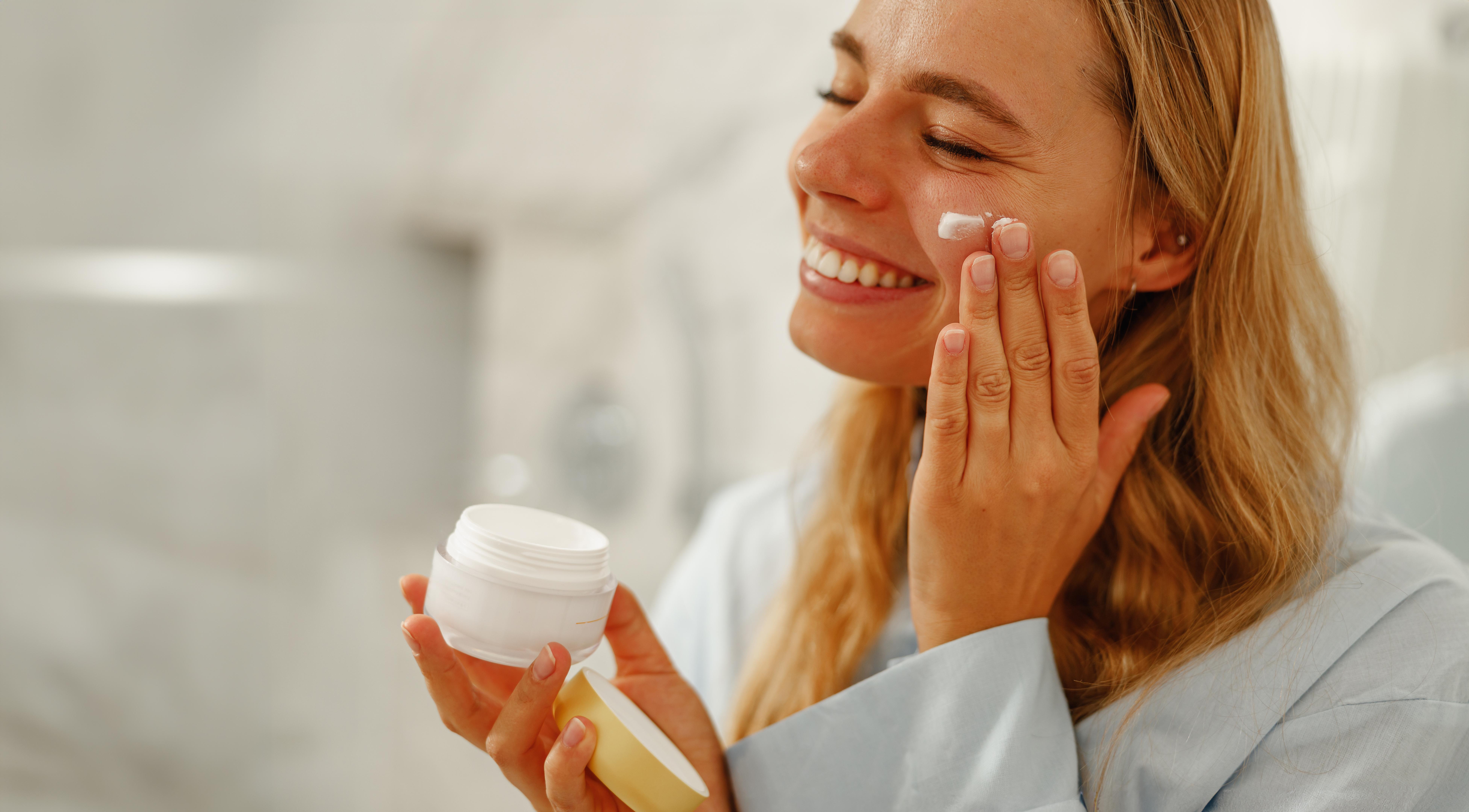
Understanding the myriad factors that contribute to skin irritation is the first step in crafting a skincare routine that supports and protects the skin's natural defenses. By identifying and mitigating these common culprits, from hidden ingredients in products to lifestyle and environmental factors, individuals can take proactive measures to maintain healthy, resilient skin. As we navigate the complexities of skincare, staying informed and attentive to our skin's unique needs will empower us to make choices that enhance our skin's health and vitality. With this knowledge, we can confidently peel back the layers of irritation and uncover the path to a radiant complexion.